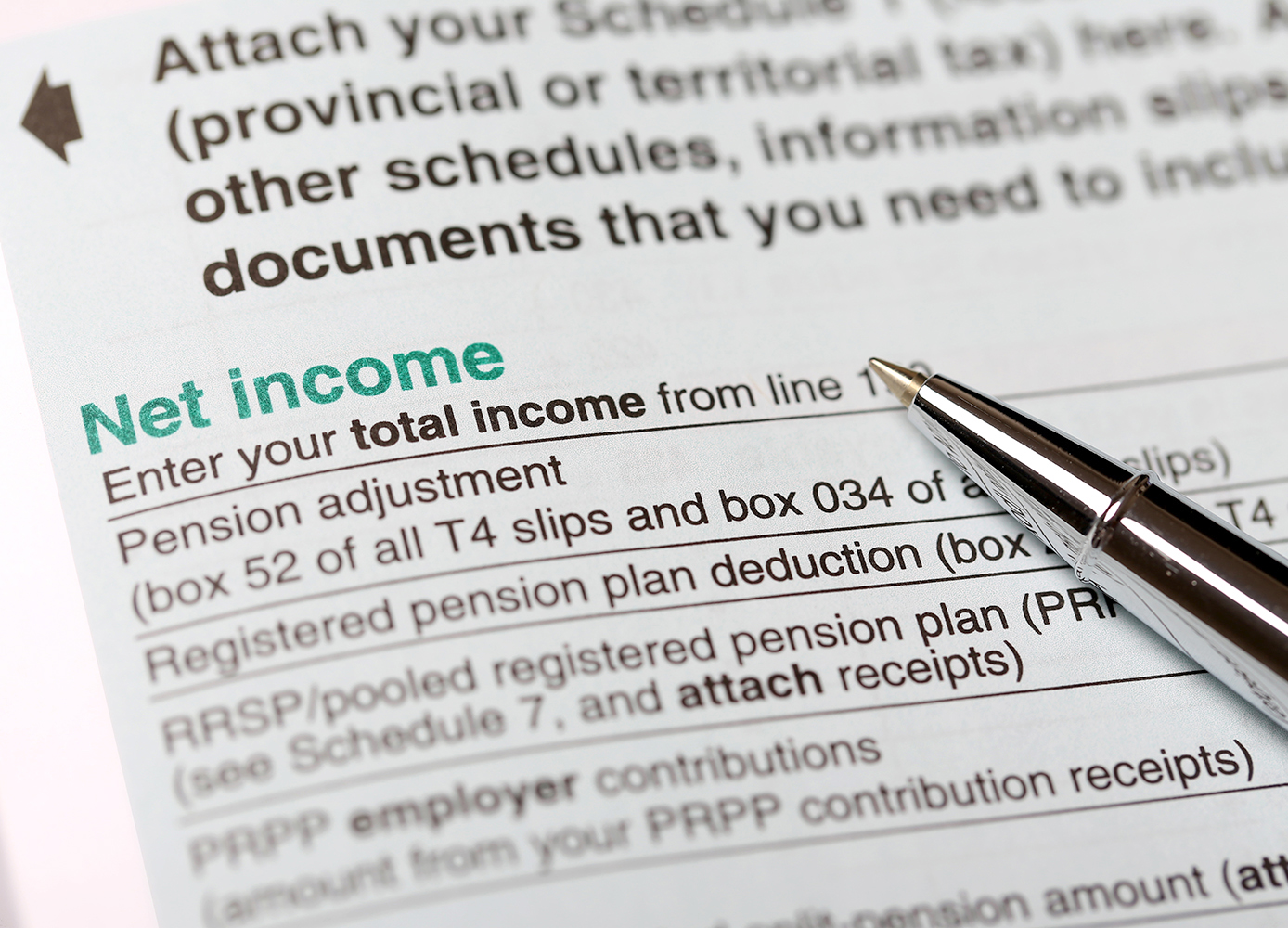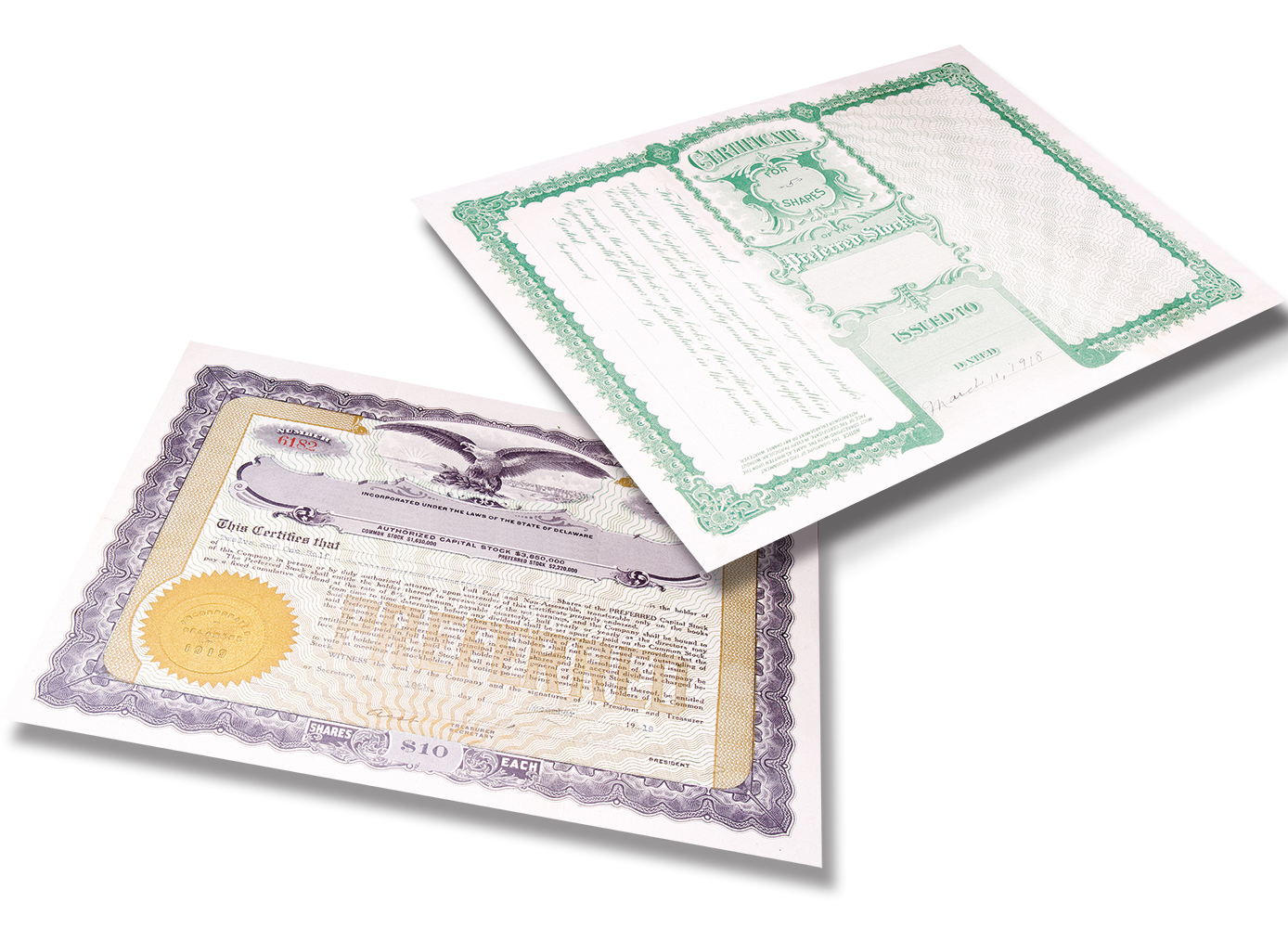If your medical expenses amount to a tidy sum, they can earn you a non-refundable tax credit. Here’s what you need to know
By Olev Edur
Photo: iStock/yavdat.
Generally, you can claim a medical expense tax credit for any amounts you expend in preserving your health. This can include medical supplies and devices, prescription drugs and other medications, dental care, treatment by specialists, etc., as long as you aren’t reimbursed, for example, by a health insurance plan for that same expense.
The Canada Revenue Agency (CRA) Medical Expense Guide (RC4065) provides more complete listings of what’s allowed than we have room for here: the list of devices, equipment, and supplies runs 3½ pages, and over a page of services and fees are also included.
Allowable expenses can also include travel costs if, for example, you must travel out of town to see a specialist or undergo a procedure; the costs of construction/renovation to accommodate a disability; and even gluten-free food products and service animal costs (within limits). If you aren’t sure, check the Medical Expenses Guide.
Note that medical expense credits are non-refundable, meaning they can be used only to reduce taxes owed and not to create or add to a cash refund. And unlike the many other non-refundable credits on Schedule 1, this one has a deductible—you can claim only expenses in excess of the lesser of three per cent of your net income (line 23600 of your tax return) or $2,352 (this amount is indexed annually).
Also unlike other credits, in any given year, you can claim expenses for any 12-month period ending in that year, provided the expenses haven’t been previously claimed. So, for example, if you had a costly treatment regimen that spanned say May 2018 to February 2019, you could claim all the applicable costs on your 2019 tax return, rather than splitting them between the two years (and perhaps missing out on part of your claim because of that annual deductible).
Generally, the costs of care in a facility such as a nursing home are eligible medical expenses. But in order to claim attendant care expenses paid to a facility such as a retirement home, you’ll have to send CRA a detailed breakdown of costs from the facility.
If you’re receiving attendant care in your home, you can claim only for the period(s) when you are at home and need care or help. And for this expense to be eligible, you must either be eligible for the DTC or have a written certification from a medical practitioner that states the services are necessary.
As far as specifics go, you can include as medical expense claims the salaries and wages paid to all employees who do the following tasks or services:
– food preparation
– housekeeping services for a resident’s personal living space
– laundry services for a resident’s personal items
– health care (registered nurse, practical nurse, certified health care aide, personal support worker)
– activities (social programmer)
– salon services (hairdresser, manicurist, pedicurist) if included in the monthly fee
– transportation (driver)
– security for a secured unit
You cannot, however, claim the costs of any of the following:
– rent (except the part of rent for services that help a person with daily tasks, such as laundry and housekeeping)
– food
– cleaning supplies
– other operating costs (such as the maintenance of common areas and outside grounds)
– salaries and wages paid to employees such as administrators, receptionists, groundskeepers, janitors (for common areas), and maintenance staff
The Medical Expenses Guide contains further clarifications on specific types of claims, as well as examples detailing how to maximize your disability/medical expense claims. It can be obtained from any CRA office or online at canada.ca; search for “RC4065” (or simply click the link above on this page).
As a general guideline, if you can’t be sure—and there are lots of little wrinkles in the rules—you should claim everything related to your health. Your job description doesn’t include acquiring a doctorate in tax policy as it relates to medical claims, so let the CRA folks decide. You can always appeal any decisions they make.






